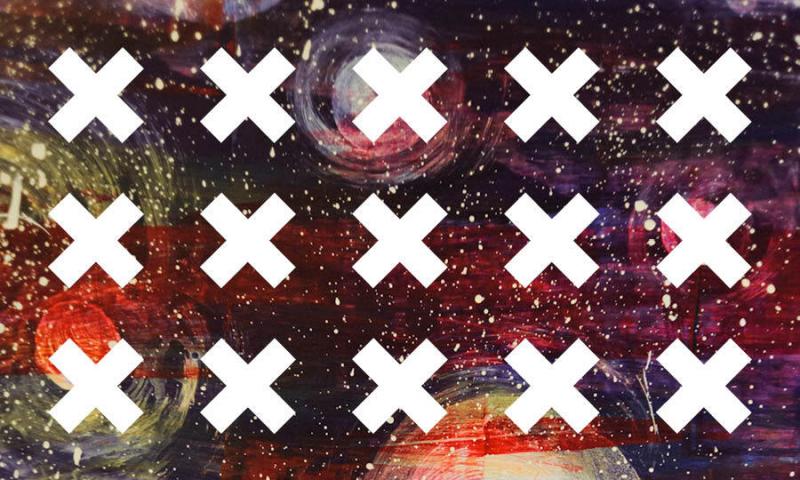Dance and theatre pedagogy
Read more about the latest trends and visions in the field of dance and theatre pedagogy and find out how to offer teaching practice opportunities to our students.
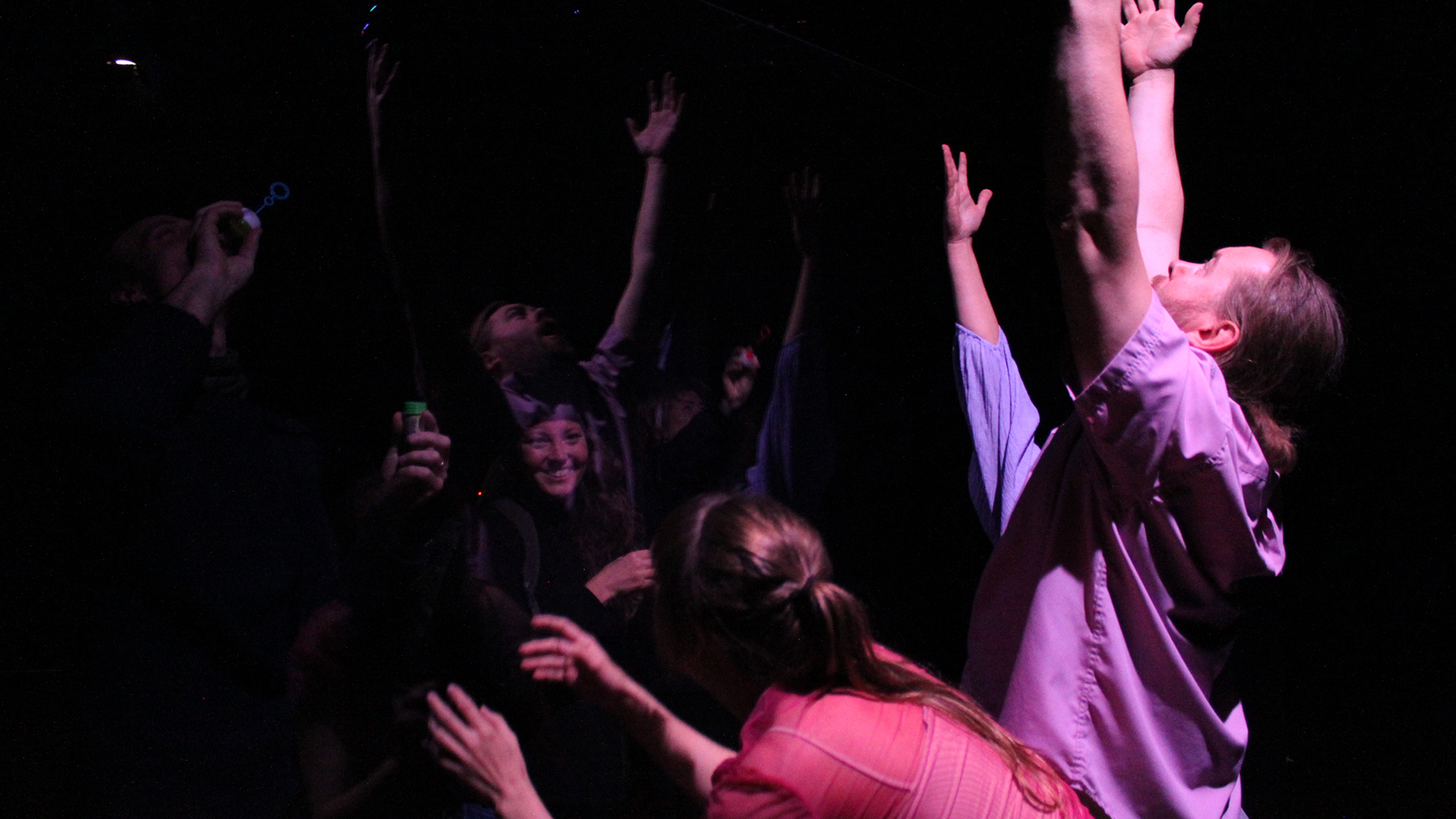
Read more about the latest trends and visions in the field of dance and theatre pedagogy and find out how to offer teaching practice opportunities to our students.

The main elements in the master’s degree programmes in dance and theatre pedagogy include multiartistic collaborations, seamless connection between various fields of performing arts, and the development and exploration of new performance forms with an inquiring mindset. Pedagogical practice stems from artistic work, which is based on an understanding of the various needs connected to interaction. The degree programmes take into account that students have diverse backgrounds and competencies as they embark on their journey in arts pedagogy.
Teachers in the field of arts are socially engaged operators. This means that besides delving into questions about teaching and learning, they are interested in examining the structures that have a critical impact on the field and in actively offering their views in the discussion on the core issues of the field.
Our goal is to develop pedagogy in the field of performing arts by taking into account:
We are heading towards even more versatile arenas. In the future, our dance and theatre teachers will represent an even wider variety of fields and backgrounds.
We promote an artistically oriented, comprehensive view of what it means to be human and engage in a fearless fight against increase in wellbeing-related problems among children and young people as well as increase in social inequality and polarisation.
In the future, the arts and culture will be held in higher regard than now as part of the daily lives of each and every one of us.
Performing arts pedagogy brings people together and offers a platform for drawing inspiration, making an impact, learning new things and sharing ideas.
A teaching practice is part of the degree requirements in our master’s programmes.
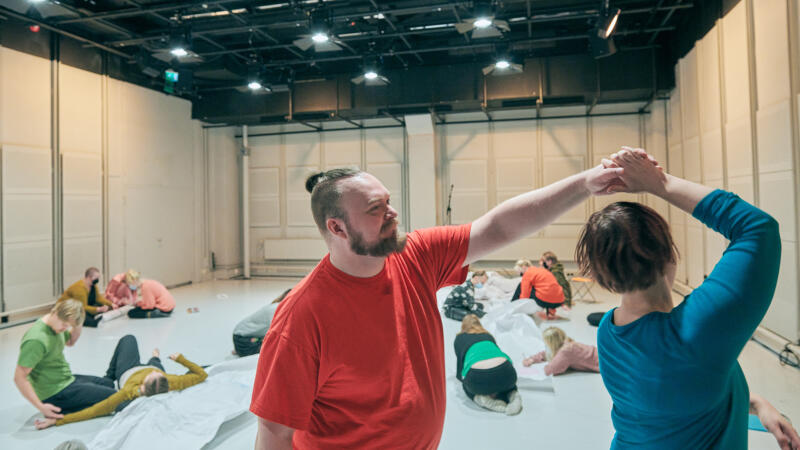
Read more about teaching traineeships and find out how to suggest a collaboration if you want to welcome a student in arts pedagogy in your own organisation or education institution.
Read about the latest research and thesis projects in dance and theatre pedagogy.

ELLA is a research project (2021-2024) funded by Kone foundation which investigates how embodied language learning through the arts may generate substantial change within communities.
The Erasmus+ strategic partnership developed a pedagogical approach and framework of “imaginative dialogues”. This pedagogy takes the (potential) tension between incompatible differences as a productive and engaging starting point in order to open up a dialogical ‘third space’ between them.
The project aims at establishing a national vision for the state of education in theatre, dance, circus and performance art for 2030.
Our programmes admit new students every other year.
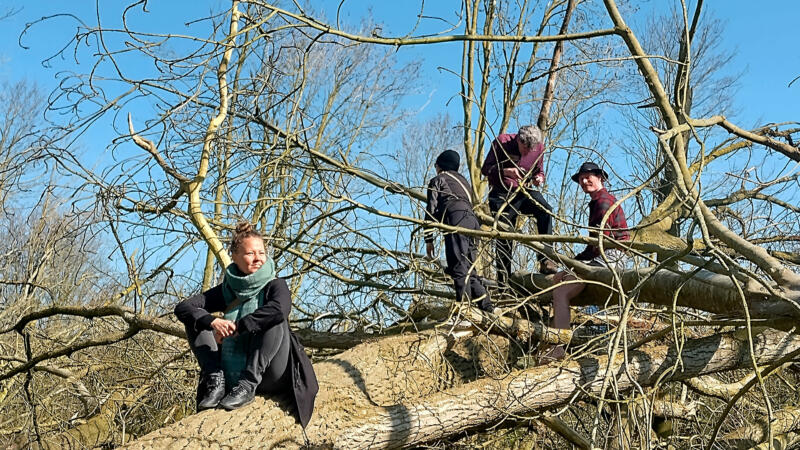
In the master’s programme in dance pedagogy, we combine critical thinking, artistic-pedagogical practices and exploration of the many meanings of art.
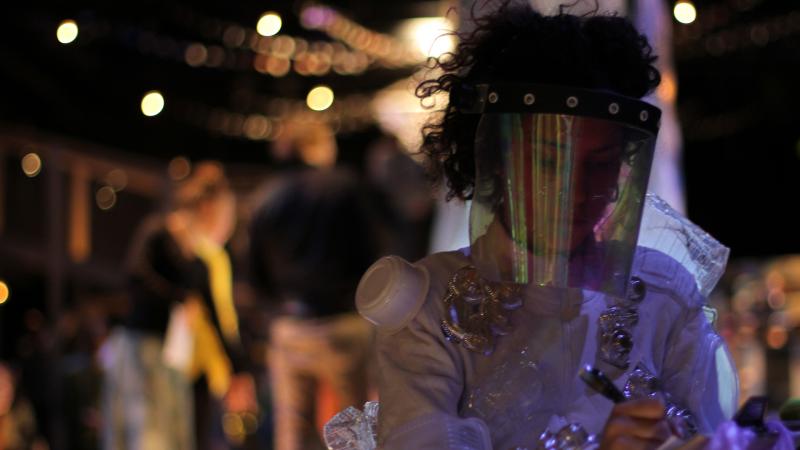
We combine critical thinking, artistic-pedagogical practices and exploration of the many meanings of art.
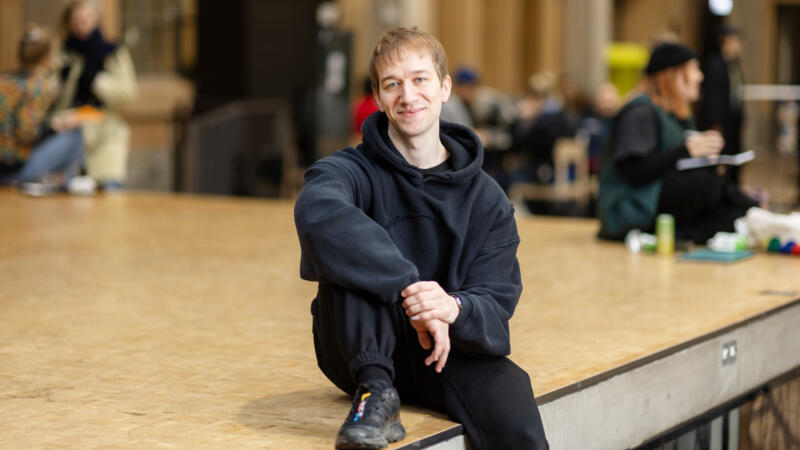
Read an interview with Myrsky Ylänen who is studying in the second year of the master’s programme. He feels that he has found many ways of influencing society through teaching practice.
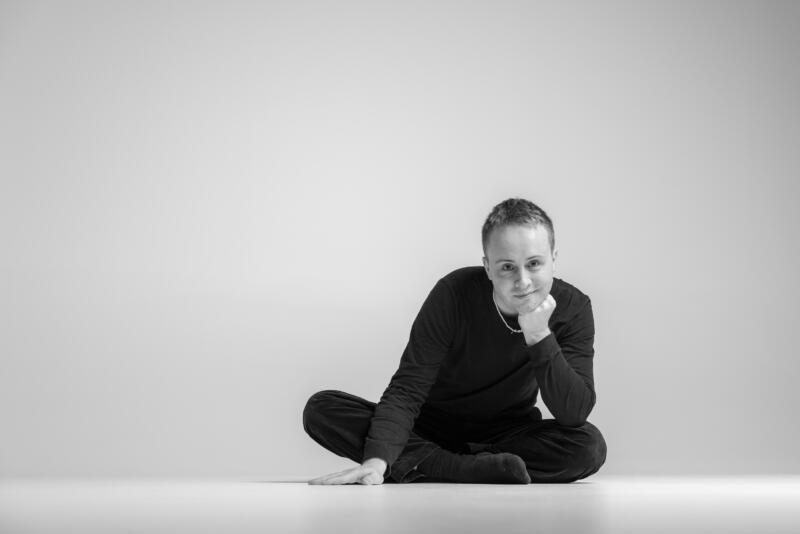
Read an interview with Francis Maskens, who hails from the UK and started his studies in the master’s programme in dance pedagogy last year. He finds his studies offer fantastic opportunities to explore the various ways that dance can benefit our society.

Uniarts Helsinki’s Academy of Fine Arts and Theatre Academy have launched an initiative to create a national vision for arts education in the field of fine arts and for theatre, dance, circus and performance art.
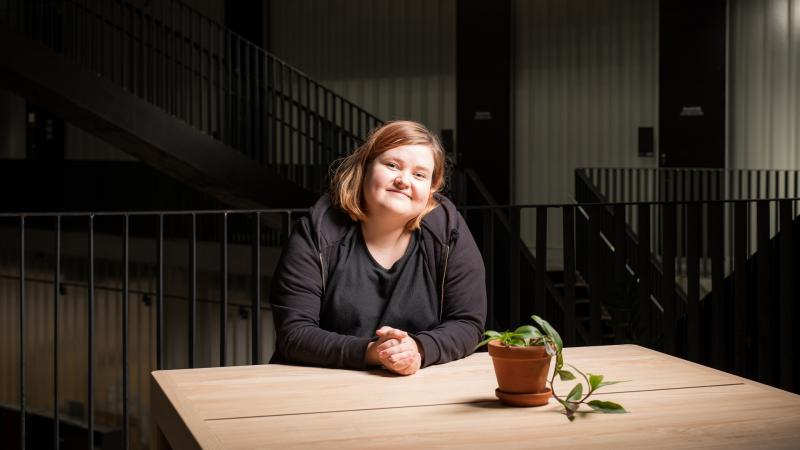
Interviewing master’s student Loviisa Grubert.
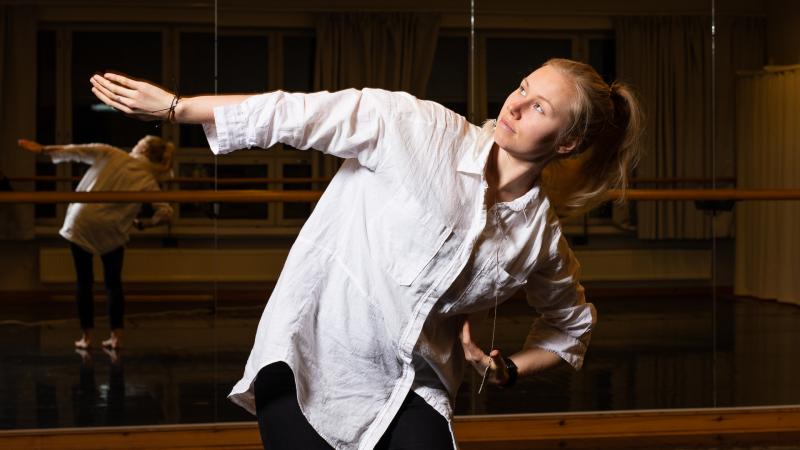
Interviewing master’s student Reettaleena Rauhala.
